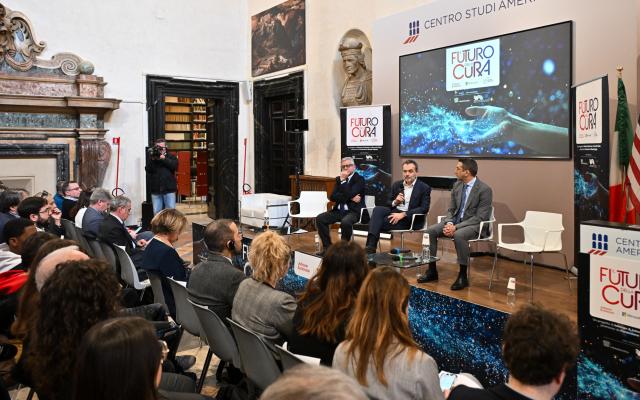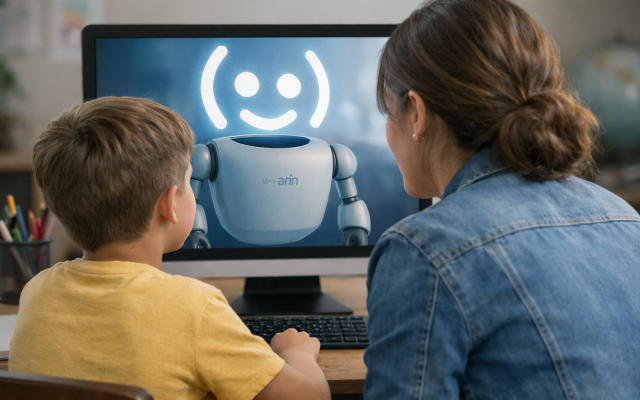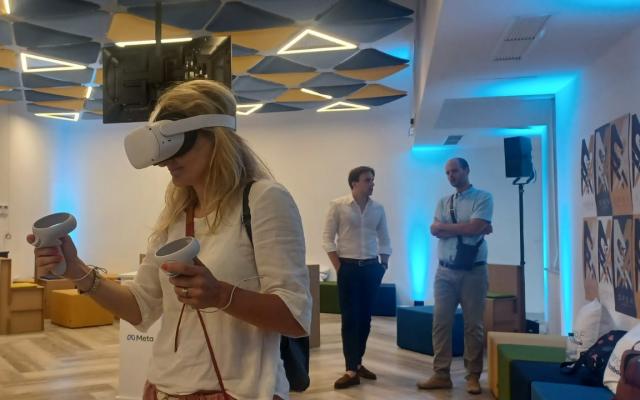The experiences of adults and children at the Rome ASL 6 Albano.
The Castelli Notizie news desk updates us on the advancement of an initiative developed after a meeting of Vagone FMD. From 01 to 100 in the Metaverse and Meta’s operation “Headset donation programme” which lends out Meta Quest 2 visors to Italian schools and other public offices. The aim is an advertising update on the site of a health agency on the benefits of digital tools for autistic children (ASL Roma 6 in Ariccia experiments with the benefits of digital tools for autistic children through robotics labs and 3D printing).
One year ago all-in-one Meta Quest 2 immersive reality visors were delivered to the ASL Roma 6 in Albano (Rome) by Association AttivaMente Aps [see news: Theory of Mind in the Metaverse].
Diana Di Pietro, Director of the Department for Mental Health and Pathological Habits at the ASL Roma 6, also promoted the purchase of an Oculus 3 visor equipped with a series of programmes for rehabilitative, socio-educational activities, as well as cognitive-behavioural psychotherapy, to help support autistic children.
A few weeks ago, a training session was organised for professional educators, psychologists, and developmental age neuro and psychomotor therapists. The session was coordinated by Doctor Maria Scarioli with Idego, the company that provided both the software and hardware. Then an initial experimental phase began with a group of young adults at the Ariccia Mental Health Centre and the children’s group at the Albano Daycare Centre to test a routine based on immersive reality to prepare them to face a real escape room activity.
“These experiences were received enthusiastically both by the young users and operators, who view technology as a powerful ally to promote mental health and inclusion. Robotics laboratories, 3D printing, and immersive reality are proving to be effective tools not only for learning, but also for improving the emotional and social well-being of autistic children."
“Technology, with its ability to break down barriers and create connections, is proving to be a precious key to the integration and personal fulfilment of these young people.”




